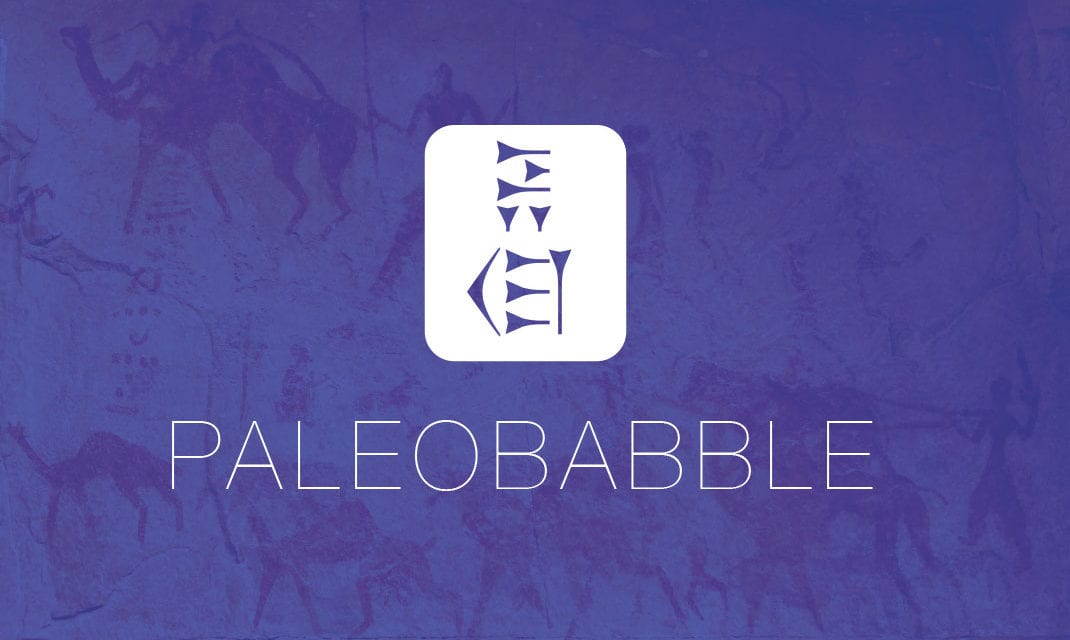Came across a free PDF article on divination as science in Mesopotamia. Seems the people that had advanced knowledge of the heavens, including the outer planets and orbital mechanics of the most distant objects in our solar system believed you could discern the future from sheep livers and other body parts. But despite this primitive thinking, we know they had advanced knowledge about space since Sitchin has made that case.
Yeah.
This one is preparatory to my own PDF on the seal Sitchin says shows 12 planets.





I have to admit that I don’t find this a very compelling argument. I mean, the US has put a man on the moon. Yet a frighteningly large percentage of its population believes that evolution is false and that God created the earth in the last ten thousand years. People apparently buy Sitchin’s books, too. So it’s clearly possible for the folks who lived in ancient Mesopotamia to have both believed in divination and to have had “advanced knowledge of the heavens.” (We know that they didn’t, but that’s based on other evidence.)
@befuggled: Your comment makes little sense in view of the fact that (1) we know – from Mesopotamian texts – that these people did in fact believe in divining the future by reading sheep entrails, but (2) we have ZERO textual evidence from them – and in fact textual evidence to the contrary – that they knew anything about space travel, planets beyond Saturn, or anything else dealing with the kind of physics necessary for space travel. Like I’ve said to Sitchinites for six years (with no response): Show me ONE line of ONE cuneiform text that has any of the following: (a) the Anunnaki associated with Nibiru; (b) Nibiru as a planet beyond Pluto; (c) Nibiru entering our solar system only once every 3600 years (the tablet actually have it being visible every year, but these people don’t care about data).
I know they believed in divination, and I’m well aware that Sitchin is a loon. My point is that a) a belief in divination (or young earth creationism in our own culture) does not preclude “advanced knowledge” in other areas and b) using their belief in divination to argue against “advanced knowledge” in other areas is therefore a bad argument.
In other words, I think you should stick to the textual evidence.
@befuggled: Now I follow – and accept your point. I think your analogy is a bit skewered, though. The analogy between young earth creationism and divination isn’t that good, but I get it. ANY view of origins has their PHDs in tow, and can do good and bad science; it’s all about how the data are interpreted and what questions are brought to the data. (And we can of course argue or perhaps agree on how good and bad science would break down into who deserves credit and blame for that). I think that a better analogy would be to compare divination with naturalistic evolution (and I am not defending YEC science in saying that). My point is that, expecting some sort of divine direction in an inanimate goat entrail makes as much sense to me as having a self-created universe that gives us “answers” to the bigger questions raised by our own self awareness, or expecting a random, naturalistic, materialistic world to explain its own existence (and in so doing, our reason for being).